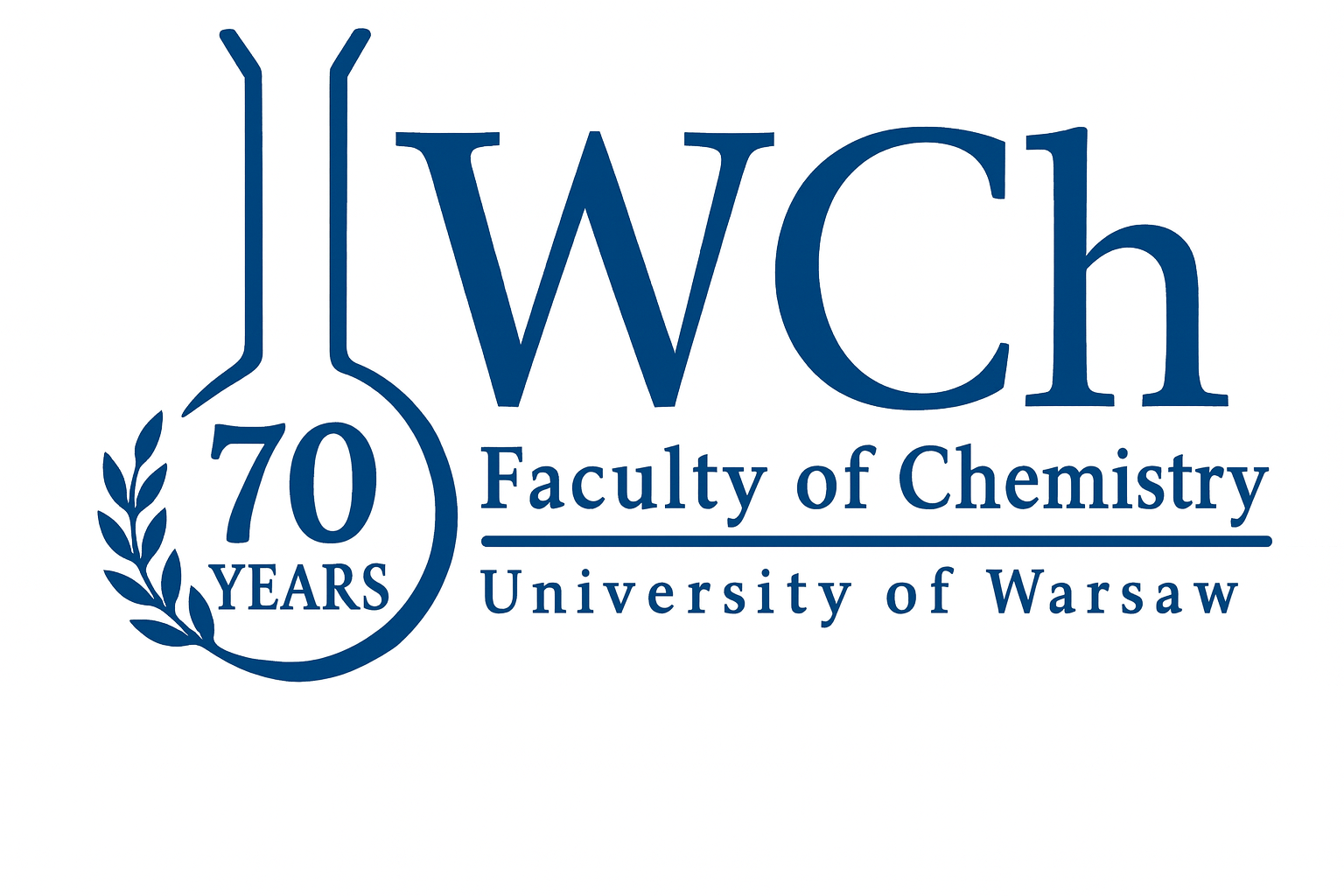Dynamic Quantum Crystallography
Team leader: dr hab. Anna Hoser
Team leader’s e-mail address: a.hoser@uw.edu.pl
Brief description of the research topic:
As part of the work conducted by our research group, we focus on the study of polymorphism. Polymorphism is a highly important phenomenon, as different polymorphic forms of the same compound can exhibit significantly different physicochemical properties (such as melting point, solubility, etc.). Moreover, polymorphs of the same substance may also display varying levels of biological activity, which is particularly relevant for the pharmaceutical industry. Unfortunately, predicting which polymorphic form is more stable at a given temperature is a complex task, as the differences in free energy between polymorphs are often very small. Additionally, it is not uncommon for the form that is more stable at low temperatures to become less stable at room temperature. This can lead to unexpected and undesired phase transitions between polymorphic forms. Therefore, there is a strong need for theoretical methods that allow for rapid prediction of polymorph stability. Estimating the phase transition temperature for a given polymorphic system typically requires extensive free energy calculations. To reduce computational cost, contributions from vibrational and configurational entropy are often neglected—this can result in inaccurate predictions of polymorphic stability order. Our group is developing new methods that enable fast estimation of vibrational and configurational entropy, thereby improving the prediction of relative polymorph stability. For vibrational entropy, we refine the normal mode frequencies based on monocrystalline X-ray diffraction data. The refined vibrational frequencies are then used to calculate thermodynamic properties such as heat capacity and vibrational entropy. This method—Normal Mode Refinement (NoMoRe)—is being developed by our team and is available at the server: nomore.chem.uw.edu.pl. In addition to theoretical projects related to polymorphism, we are also engaged in experimental work aimed at discovering new polymorphic forms and optimizing the crystallization of specific polymorphs. The experimental techniques we use include both single-crystal and powder X-ray diffraction, as well as DSC and TGA measurements. We are also involved in crystal engineering, with a particular focus on the structure and properties of various solid-state forms (solvates, hydrates, and cocrystals) of pharmaceutically active compounds.
